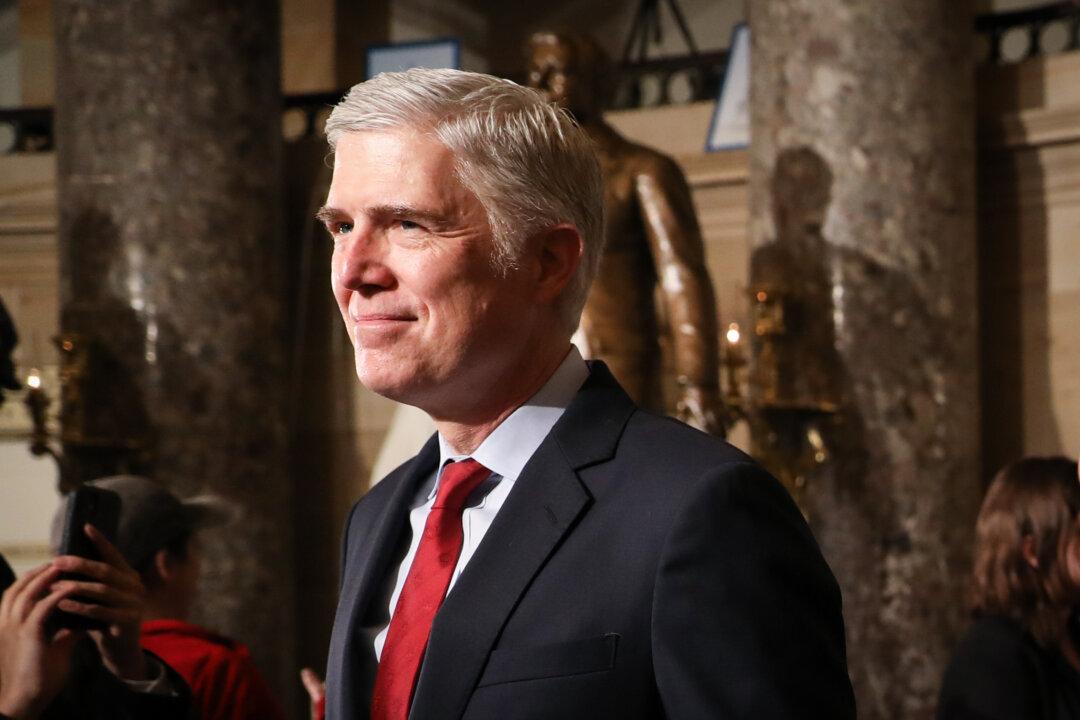The Supreme Court ruled 5-4 that Texas lacks authority to prevent an Indian tribe from offering bingo games.
The June 15 decision is a win for the Biden administration, which argued against the position taken by Texas.

The Supreme Court ruled 5-4 that Texas lacks authority to prevent an Indian tribe from offering bingo games.
The June 15 decision is a win for the Biden administration, which argued against the position taken by Texas.